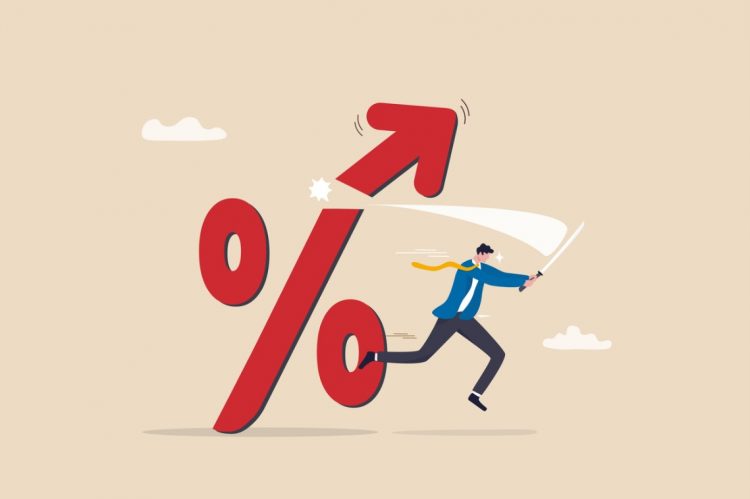For the second month in a row, inflation is up, as the last Consumer Price Index (CPI) report before the Federal Reserve’s September meeting could drive further rate increases—though exactly when those might happen is extremely uncertain.
Overall CPI inflation came in at 3.7% year-over-year, a 0.6% increase from the previous month. More concerning was core inflation, which excludes more volatile food and energy prices, which tracked at 4.3%, up 0.3%—slightly higher than expected, and a potential sign that inflationary pressures have not fully receded.
Famed Economist Paul Krugman wrote on Twitter (now known as X) that the last two months should not distract from the longer-term trends, which remain encouraging—particularly metrics around housing.
“Excluding volatile components, we’ve seen remarkable disinflation,” he wrote. “(B)ear in mind that core (inflation) is still being distorted by lags in the measured price of shelter. So basically the data are now saying that the war on inflation has been pretty much won—without a recession.”
Fed Chair Jerome Powell has long acknowledged that shelter costs—mostly driven by rents—are moderating, even as the lagging nature of this measure means inflation appears higher than it actually is. But it is unclear whether this will be enough for the Fed to hold rates steady at its next meeting, or for the rest of the year.
Investors appeared unfazed by the report, with all three major stock indexes up in early trading Wednesday.
Bright MLS Chief Economist Dr. Lisa Sturtevant said in a statement that the trajectory of rents should be taken into account when parsing these inflation numbers, while noting that lower rents might have other effects on the housing market.
“Lower rents appear to be a good sign that inflation will ultimately continue to move lower,” she explained. “Falling rents will also boost rental demand, however, as prospective homebuyers—particularly first-time homebuyers—are priced out of homeownership by 7% or higher mortgage rates and find more affordable options in the rental market.”
Shelter costs contributed over 70% to the total core inflation increase over the last 12 months, meaning once those lagging rent decreases show up, inflation should fall significantly.
Economists have struggled to predict the path of mortgage rates, which have remained somewhat untethered from fundamentals. During RISMedia’s CEO & Leadership Exchange last week, National Association of REALTORS® Chief Economist Lawrence Yun noted that he expects rates to begin dropping in the spring.
In a statement responding to the latest CPI numbers, Yun added his voice to the chorus of economists urging a more positive view, saying that while inflation is still a ways off from the Fed’s 2% target, “the trend line indicates falling inflation, especially if considering the impending sharp deceleration in overall shelter cost.”
“Overdoing the rate hikes, considering that inflation is likely to calm, will unnecessarily damage the economy,” he added.
By the numbers
The increase in headline inflation was largely driven by gas prices, which shot up 10.6% in August. On the one hand, that is less of a concern when looking at the long term, even though it is certainly causing short-term pain for the average consumer.
Energy costs overall, which include everything from home fuel oil to firewood, were up 5.6% from the previous month.
In good news for homeowners and builders, the costs of major appliances have mostly continued to trend downward, falling 0.2% in August. Household services, including moving, home repairs and cleaning, also fell slightly, though the cost of home furnishing rose for the first time in two months, by 0.3%.












